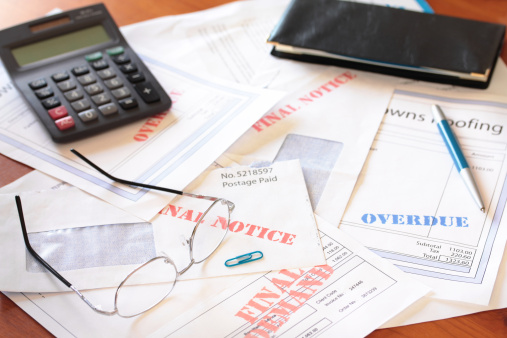
Have you filed for Chapter 7 before?
If you have already discharged your debts through Chapter 7 in the past, you must wait at least 8 years to file again. If you tried to file Chapter 7 but were denied, you can file again after 1 year.
Have you successfully filed for Chapter 13?
After successfully filing for Chapter 13, you must wait at least 6 years in order to file for Chapter 7. This assumes that you paid at least 70 percent of your allowed unsecured claims in the Chapter 13 plan.
Have you completed any suspicious financial transactions?
If a court can prove that you transferred, hid, or destroyed assets with the intention of defrauding your creditors within the past 2 years, you can’t yet file for Chapter 7.
Have you repaid any debts to “insiders”?
If you owed money to a relative or close business associate and recently paid off the debt, you will have to wait at least 1 year to file Chapter 7.
Have you completed credit counseling?
You must complete credit counseling and debt education classes 180 days before filing for Chapter 7.
How long have you resided in California?
You must wait 90 days after moving to California in order to file Chapter 7 in this state.
Have you charged luxuries to your credit cards or gotten a cash advance?
You cannot use your credit card to purchase more than $600 of luxuries within 90 days of filing, nor can you take a cash advance of more than $750 within 70 days of filing.
Other Considerations
Assuming you meet all of the timeline requirements listed above, you still need to be able to pass the Means Test in order to file for Chapter 7 bankruptcy. Your attorney can help you use the Means Test to calculate the ratio of your disposable income to your debt load. In general, if you could pay more than 25 percent of your debt using your disposable income, you won’t qualify for Chapter 7. However, you still may qualify for Chapter 13, which offers a slightly different but still highly beneficial approach to debt relief.

